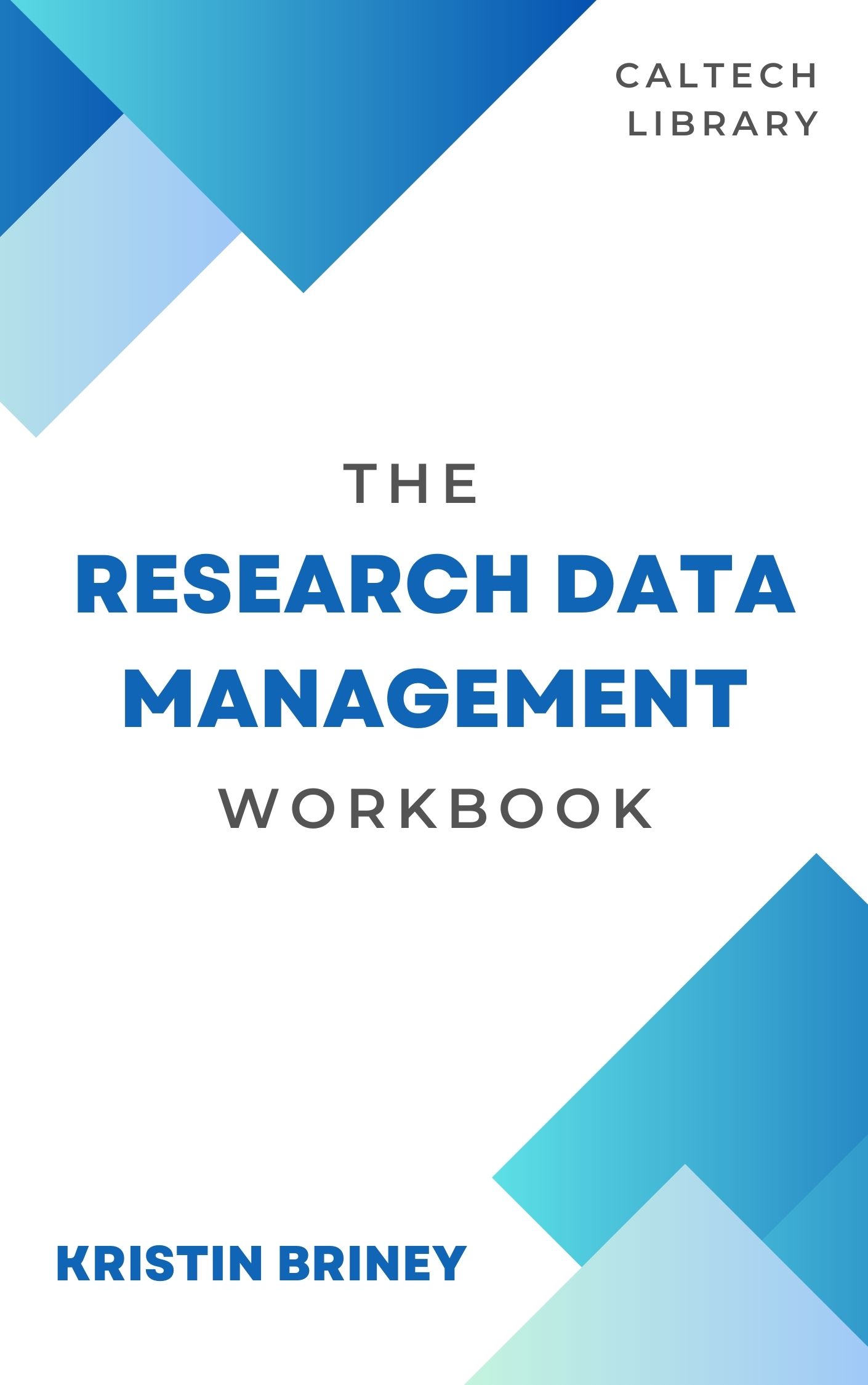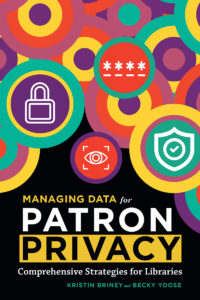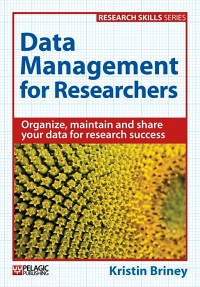If I made a list of the things I cite the most in the course of my job as a data management specialist, at the top would be ISO 8601, the recent Vines, et al. study on data loss over time, and OMB Circular A-110. I’ve already written about the first two on my blog and I want to finally consider Circular A-110 in this post.
Circular A-110 comes from the White House Office of Management and Budget (OMB) and is the document that defines research data and retention requirements for all research supported by US federal funding. It’s also no longer applicable to federally-sponsored research in the US.
Replacing A-110 and several other Circulars is the new Uniform Guidance, also known as OMB Circular A-81. This document was designed to standardize guidance for everyone receiving federal funding in the US (hence the name “Uniform Guidance”). For this reason, it echoes many of the requirements that were in place before but with a few exceptions. Most of these exceptions concern grants administration and are not relevant to this blog, but I am interested in what the new guidance says about data.
On the whole, the new Uniform Guidance looks a lot like the old A-110. For instance, it includes a verbatim copy of the definition of “research data” from A-110 (see A-81 section 200.315):
(3) Research data means the recorded factual material commonly accepted in the scientific community as necessary to validate research findings, but not any of the following: preliminary analyses, drafts of scientific papers, plans for future research, peer reviews, or communications with colleagues. This “recorded” material excludes physical objects (e.g., laboratory samples). Research data also do not include:
(i) Trade secrets, commercial information, materials necessary to be held confidential by a researcher until they are published, or similar information which is protected under law; and
(ii) Personnel and medical information and similar information the disclosure of which would constitute a clearly unwarranted invasion of personal privacy, such as information that could be used to identify a particular person in a research study.
Section 200.315, like the A-110 section 36, also states that the Federal government has a right to access and reproduce data produced under a federal award and delineates how to respond to a Freedom of Information Act request for data.
d) The Federal government has the right to:
(1) Obtain, reproduce, publish, or otherwise use the data produced under a Federal award; and
(2) Authorize others to receive, reproduce, publish, or otherwise use such data for Federal purposes.
(e) Freedom of Information Act (FOIA).
(1) In addition, in response to a Freedom of Information Act (FOIA) request for research data relating to published research findings produced under a Federal award that were used by the Federal government in developing an agency action that has the force and effect of law, the Federal awarding agency must request, and the non-Federal entity must provide, within a reasonable time, the research data so that they can be made available to the public through the procedures established under the FOIA. If the Federal awarding agency obtains the research data solely in response to a FOIA request, the Federal awarding agency may charge the requester a reasonable fee equaling the full incremental cost of obtaining the research data. This fee should reflect costs incurred by the Federal agency and the non-Federal entity. This fee is in addition to any fees the Federal awarding agency may assess under the FOIA (5 U.S.C. 552(a)(4)(A)).
A-81 also still requires a 3-year retention period for all research records (see A-81 section 200.333), though the exceptions differ slightly from those in A-110:
Financial records, supporting documents, statistical records, and all other non-Federal entity records pertinent to a Federal award must be retained for a period of three years from the date of submission of the final expenditure report or, for Federal awards that are renewed quarterly or annually, from the date of the submission of the quarterly or annual financial report, respectively, as reported to the Federal awarding agency or pass-through entity in the case of a subrecipient. Federal awarding agencies and pass-through entities must not impose any other record retention requirements upon non-Federal entities. The only exceptions are the following:
(a) If any litigation, claim, or audit is started before the expiration of the 3-year period, the records must be retained until all litigation, claims, or audit findings involving the records have been resolved and final action taken.
(b) When the non-Federal entity is notified in writing by the Federal awarding agency, cognizant agency for audit, oversight agency for audit, cognizant agency for indirect costs, or pass-through entity to extend the retention period…
On the whole, these requirements are the same (and often verbatim copies of) requirements from OMB A-110.
There is, however, one section of the new Uniform Guidance concerning data that does not appear in Circular A-110. This is A-81 section 200.430, which states that grants to institutions of higher education may include the following items in their budgets:
(i) Allowable activities. Charges to Federal awards may include reasonable amounts for activities contributing and directly related to work under an agreement, such as delivering special lectures about specific aspects of the ongoing activity, writing reports and articles, developing and maintaining protocols (human, animals, etc.), managing substances/chemicals, managing and securing project-specific data, coordinating research subjects, participating in appropriate seminars, consulting with colleagues and graduate students, and attending meetings and conferences. [emphasis mine]
This means that you are allowed to charge data management expenses people’s time spent managing data [ADDED 2015-02-18, see follow up post on this] to your grant. Currently, many US funding agencies requiring data management plans already allow data management-related expenses to be added to the grant budget, but this appears to be an entirely new stipulation at the federal level. Personally, I’m very happy to see this allowance in the new Uniform Guidance because researchers often need funds to manage data properly.
Overall, there’s very little change to the research data landscape under the new Uniform Guidance with the exception that all university researchers can now charge data management expenses to their grants. This is definitely something I plan to promote more to the researchers on my campus!





Pingback: Clarification and Correction on My Uniform Guidance Post » Data Ab Initio